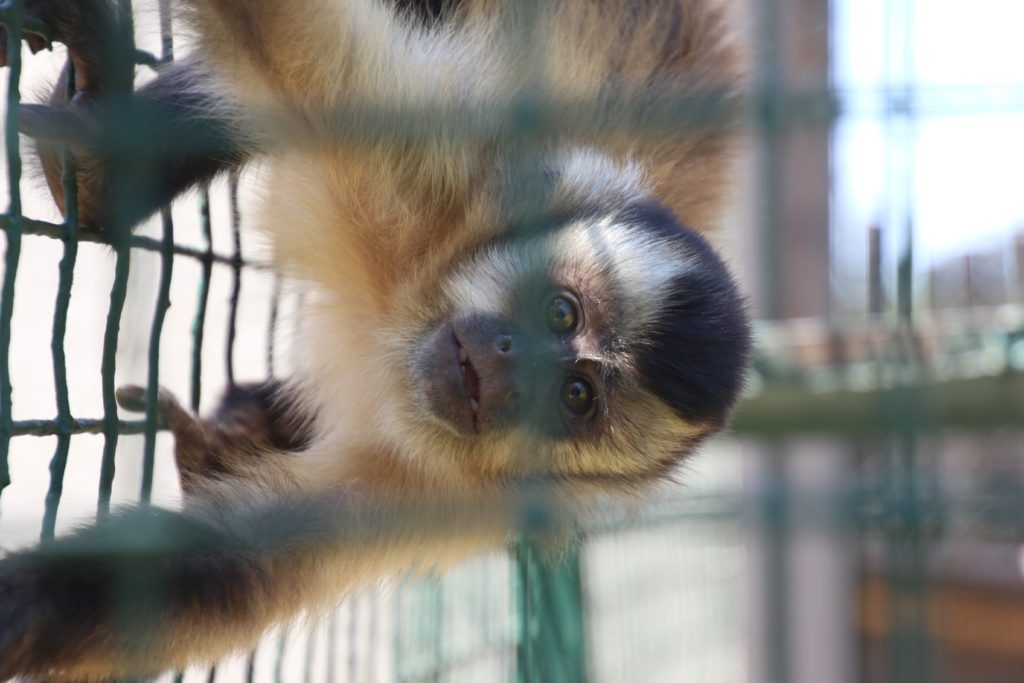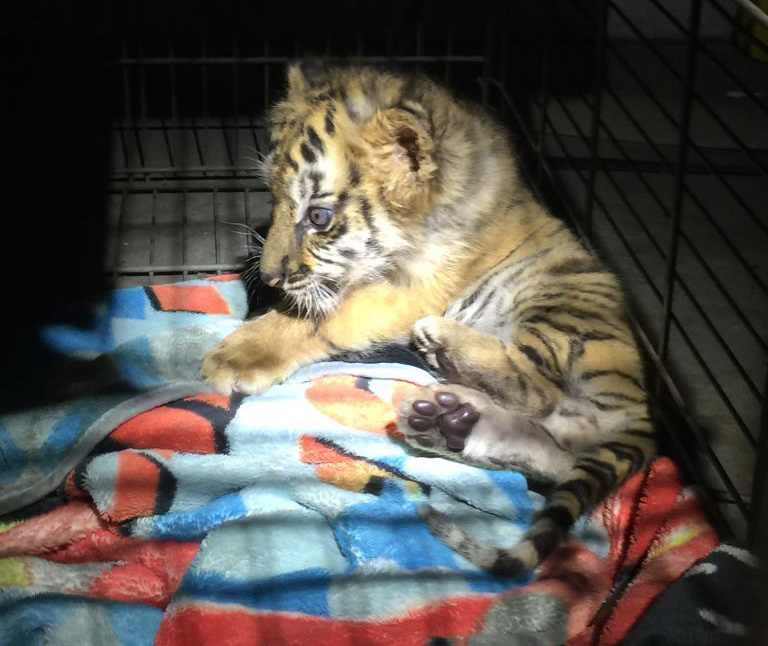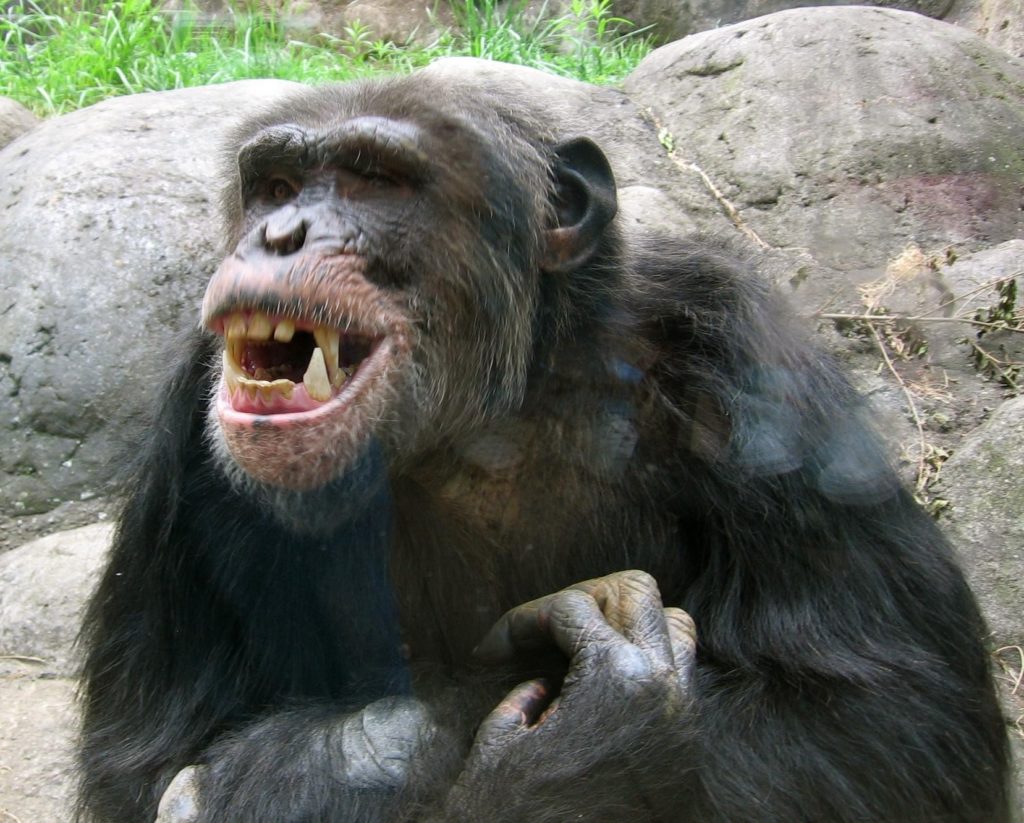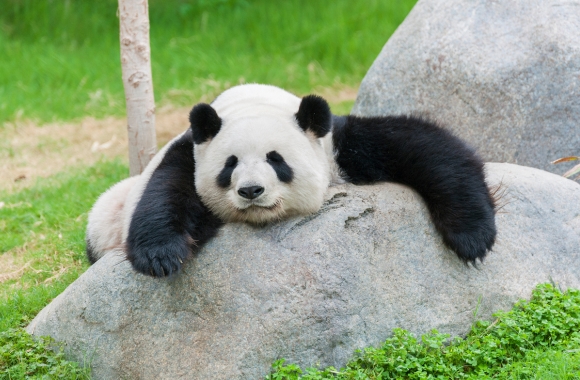Exotic Pets
The trade in exotic animals is a multi-billion-dollar industry. Across the U.S., millions of exotic animals – including lions, tigers, cougars, wolves, bears, monkeys, alligators, birds, and venomous snakes – are bred, bought, and sold for private possession. They’re kept captive in private homes as “pets,” in roadside zoos, and in menageries.
The exotic pet trade poses grave dangers to the animals, as well as to human health and safety. By their very nature, exotic animals are unpredictable and are incapable of being domesticated and are therefore inappropriate to keep as pets.
- Between 1975 and 2005, an estimated 1.3 million African grey parrots were removed from the wild for the international pet trade. Due to the unreported illegal trade and high mortality rate in trapping and transport, likely twice as many African greys were captured. In just 3 years, from 2013 to 2016, its status went from Vulnerable to Endangered. (Source)
- According to the IUCN Red List, the Javan Slow Loris is often caught for use in the pet trade and is now critically endangered. This species is one of the most common protected animals found in markets in Indonesia and has faced a suspected 80% decline over the last 24 years. SOURCE: IUCN Red List.






